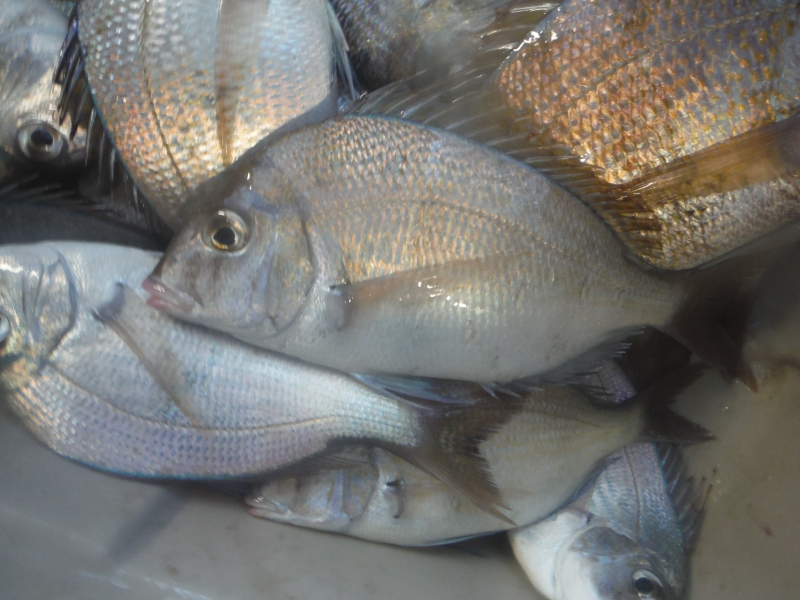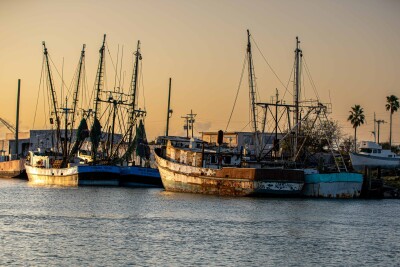Whether you call them porgies or scup, you may see more of them this year. This winter, federal regulators approved an expanded catch in the East Coast commercial fishery, which stretches from North Carolina to Massachusetts and centers on Point Judith, R.I.
Increases in stock size have led NOAA to increase the commercial scup quota to 23.98 million pounds from 2016’s 18.38 million pounds — a 30 percent bump. The recreational quota will increase by 41 percent.
Despite the boost, landings have been 20 to 47 percent below quota for six years.
“Like every year since 2011, the commercial quota was not reached in 2016, and it is unlikely that it will be reached in 2017. Commercial landings in 2016 were about 15.76 million pounds, or 77 percent of quota,” said Julia Beaty, a fishery management specialist with the Mid-Atlantic Fishery Management Council.
“I don’t think the quota increase alone will have much of an impact on landings,” added Beaty. “Landings seem to be driven more by market factors than the quotas, at least when the quotas are this high.”
Mike Roderick, director of purchasing at the Town Dock in Narragansett, R.I., said the winter fishery has “been off to a slow start so far, due to inclement weather — and weather determines catch and availability.”
The Town Dock says 98 percent of their catch is sold fresh. The highest average dock price per pound hit $1.46 in 1998. The lowest mean price per pound was $0.55 in 2013.
This year fishermen have been getting around $1 a pound for small scup and up to $2 a pound for jumbo sizes. “As soon as the supply increases, the prices will decrease. Prices are based on volume,” said Roderick, “and you don’t want to flood the market because of this.”
Despite their relative abundance, scup rarely get the recognition they deserve, but industry efforts to promote eating local fish could boost interest in scup. “The future growth of scup is trying to create more markets — markets that are stable and able withstand more volume,” said Roderick. “If developed, the markets could be a good substitution for some imported fish.”







